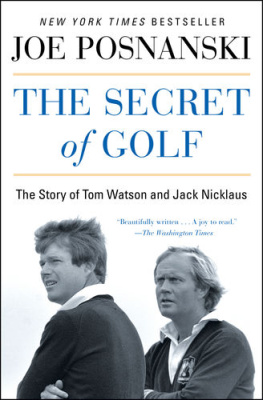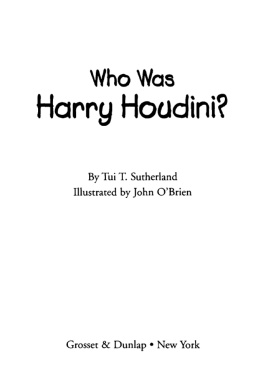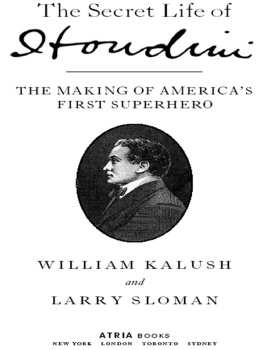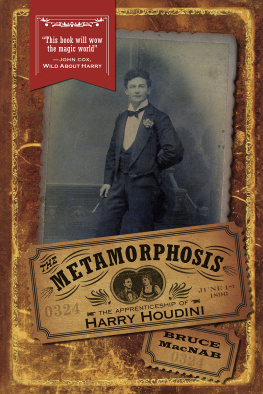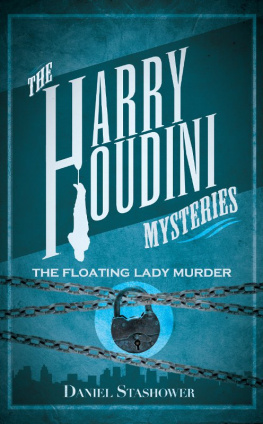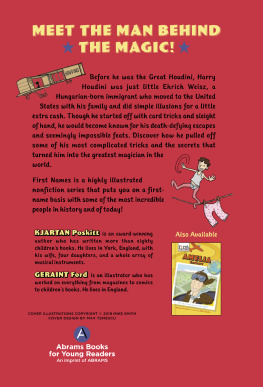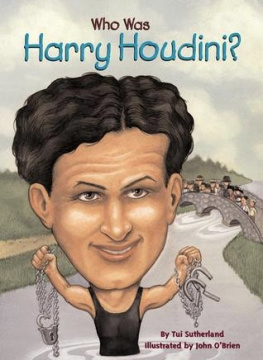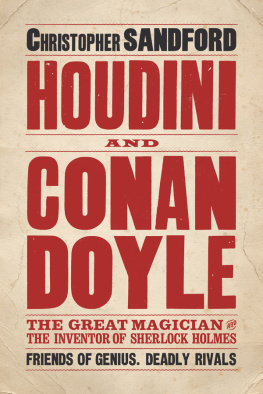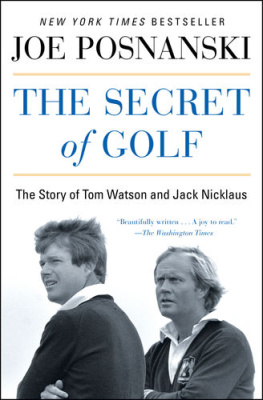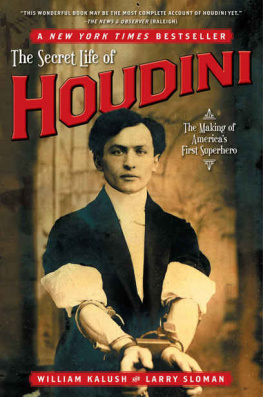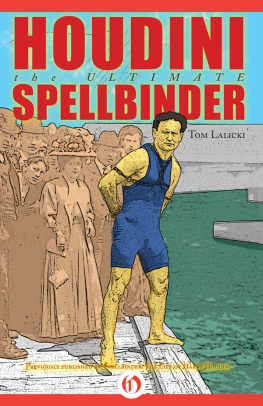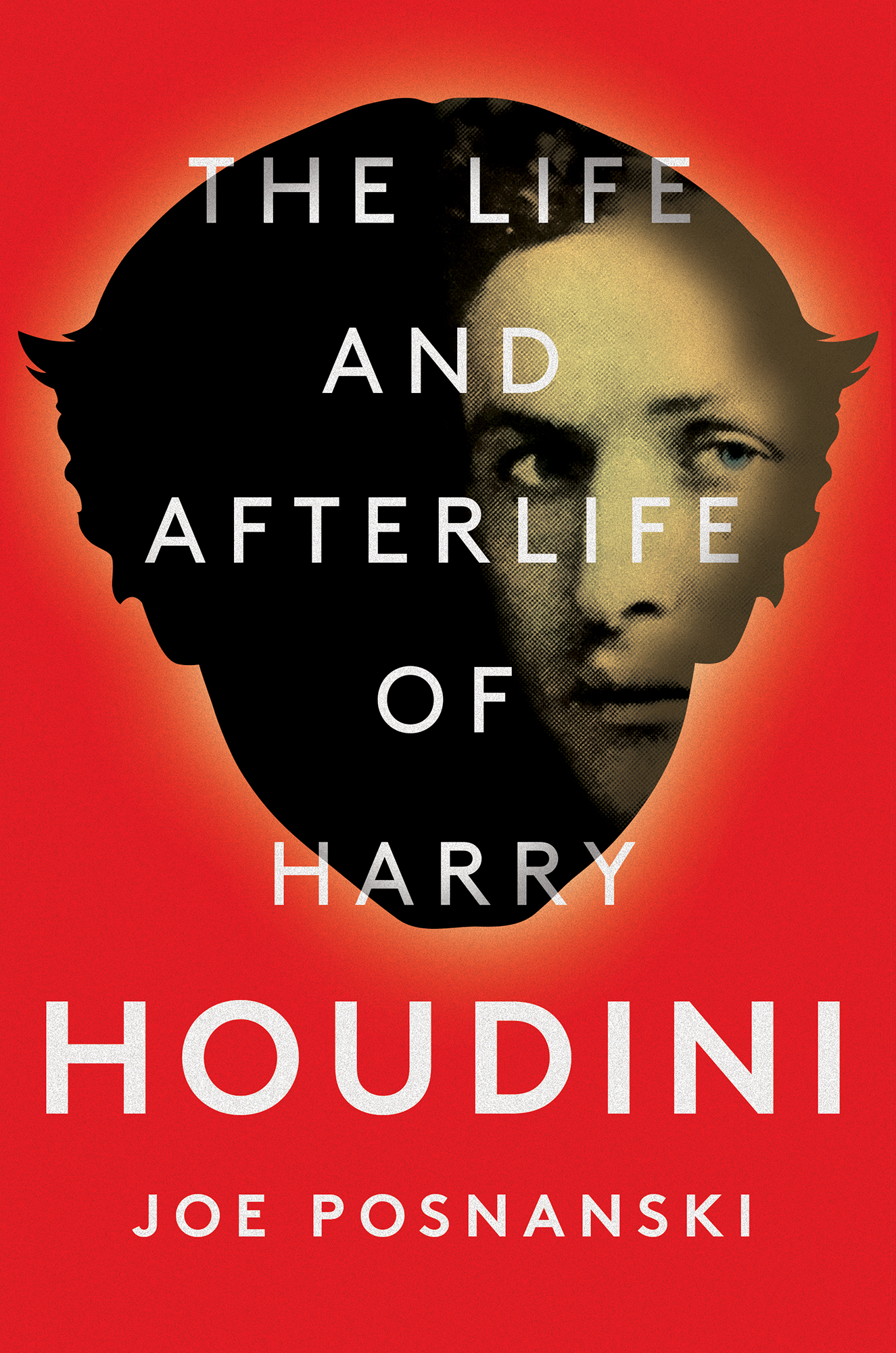Contents
Guide
ALSO BY JOE POSNANSKI
The Secret of Golf
Paterno
The Machine
The Soul of Baseball
A VID R EADER P RESS
An Imprint of Simon & Schuster, Inc.
1230 Avenue of the Americas
New York, NY 10020
www.SimonandSchuster.com
Copyright 2019 by Joe Posnanski
All rights reserved, including the right to reproduce this book or portions thereof in any form whatsoever. For information, address Avid Reader Press Subsidiary Rights Department, 1230 Avenue of the Americas, New York, NY 10020.
First Avid Reader Press hardcover edition October 2019
AVID READER PRESS and colophon are trademarks of Simon & Schuster, Inc.
For information about special discounts for bulk purchases, please contact Simon & Schuster Special Sales at 1-866-506-1949 or .
The Simon & Schuster Speakers Bureau can bring authors to your live event. For more information or to book an event, contact the Simon & Schuster Speakers Bureau at 1-866-248-3049 or visit our website at www.simonspeakers.com.
Jacket design by David Litman
Jacket photograph by Hi-Story / Alamy Stock Photo
Back cover photograph by Bettmann / Contributor / Getty Images
Spine: Key By Pbombaert / Getty Images
Author photograph Katie Posnanski
Library of Congress Cataloging-in-Publication Data is available.
ISBN 978-1-5011-3723-5
ISBN 978-1-5011-3725-9 (ebook)
For Margo, Elizabeth, and Katie
Would I have liked Houdini? I dont know. Are you supposed to like heroes?
Patrick Culliton
LOS ANGELES, NOVEMBER 30, 1915
L adies and gentlemen, Harry Houdini sang, for in those days he did sing. Houdinis voice in many ways was more magical than any escape or illusion. He spent a lifetime cultivating it, smoothing it, flattening out the Hungarian accent, cleaning up the New York street grime, transforming every da into the, dees into these, and aint into are not. By the time he became famousand by 1915 he was famous in more countries than any performer on earthyou could hear European high society in the street urchins voice. One newspaper writer said he spoke Parisian English, a passing reference that meant so much to Houdini that he clipped and saved the article and proudly showed it to friends for the rest of his life.
Houdini did not just clean up his voice. He amplified it, not by shouting but by releasing it into the audiences, as if his words were the birds from his first magic act. His voice cut through applause and crosstalk like a siren. Even at the crescendo of his performance, when the startled oohs and ahhs had surged into a cacophony of clapping and wolf whistles and shrieks of joy, Houdinis voice still rose above. Everyone heard him vividly, as if he were in the next seat.
I never spoke to the first row, Houdini recalled. My method of addressing an audience, as a result of experience, was as follows: I would walk down to the footlights, actually put one foot over the electric globes as if I were going to spring among the people, and then hurl my voice, saying: ladies and gentlemen.
So, he began that day of the Jess Willard fight.
Ladies and gentlemen, Houdini roared, I need three more men.
Los Angeles in 1915 was still a frontier city with fewer than a half million people; this was before the movies changed everything. It was the first night of Houdinis two-week engagement at the Los Angeles Orpheum Theater, which was at that moment the center of vaudeville on the West Coast. On Houdinis stage, seven volunteers scurried about like building inspectors. Men pulled at chains and knocked on wood; they circled about the stage looking for trap doors and loose panels and escape routes.
Since the dawn of magic, going back to Moses and the pharaohs, magicians have needed volunteers to scrutinize and examine and confirm that everything is as it appears. Magic isnt magic without belief. Most performers require no more than one or two volunteers. Houdini (being Houdini) demanded ten. It is perhaps a coincidence that ten men make a minyan, a quorum for prayer in the Jewish faith of Houdinis father.
It so happens, Houdini continued, there is a man here tonight who doesnt know that I am aware of his presence. But he is equal to three ordinary gentlemen. I ask him to come forward.
The crowd restlessly looked around the theater.
He is, Houdini said, Jess Willard, our champion!
With that, two thousand people in the theater gasped. Willard, the giant of 1915! For seven long years, the heavyweight champion of the world had been Jack Johnson, a source of great embarrassment for much of America as he was black. Johnson particularly enraged white supremacists because he was flamboyant and independent and unapologetic. He raced cars and opened nightclubs. He married three white women. Promoters searched the world for a white boxer, any white boxer, who could defeat Jack Johnson. This pursuit gave birth to the term the Great White Hope.
Johnson pummeled all the White Hopes, laughing all along. Promoters grew so desperate to find a white boxer capable of beating Johnson that they coaxed the once champion James Jefferies out of retirement. Jefferies was thirty-five years old and had not fought in six years. The Johnson-Jefferies bout was billed as the Fight of the Century.
I am going into this fight for the sole purpose of proving that a white man is better than a Negro, Jefferies said. Many Americans wanted to believe him. Gamblers bet overwhelmingly in his favor. But the Fight of the Century turned out to be no fight at all. Johnson battered Jefferies round after round before, mercifully, knocking him out in the fifteenth.
The fight is over, former champion John L. Sullivan wrote sadly but unequivocally in the New York Times, and a black man is the undisputed heavyweight champion of the world.
After Jefferiess humiliating defeat, Johnson continued to thrash an increasingly inferior parade of Great White Hopes. Then came Jess Willard. He was a big (six feet seven, more than 250 pounds) and genial cowboy from Pottawatomie, Kansas. He did not start boxing until he was twenty-seven, and even then, he did so reluctantly. He always let his opponent strike first. Willard was excessively stronghe once killed a man in the ringbut he was also awkward and placid. Willard announced that he planned to take a pounding from Johnson for ten or twelve rounds and then would make his move. Few thought Willard had the heart to last that long. The fight was in Havana on April 5, 1915. The betting odds were 3 to 1 for Jack Johnson.
But everyoneJohnson includedunderestimated him. Willard and Johnson smashed away at each other in the scorching heat of Havana. In the words of one ringside reporter, Willard took a beating that would have put any ordinary fighter down and out. The fight went on and on until the twenty-sixth round, when Willard landed a right cross that snapped Johnsons head back. The champion crumpled to the canvas. Willard had just become the biggest man in the world.
Now, less than eight months later, Willard sat in the balcony of the Orpheum Theater in Los Angeles and watched silently as Harry Houdini called to him.
I will leave it to the audience, Houdini shouted. You see they want you.

